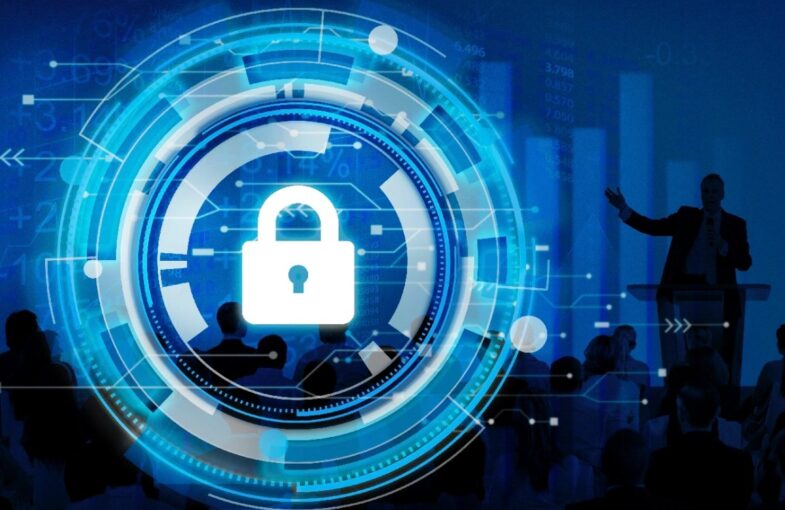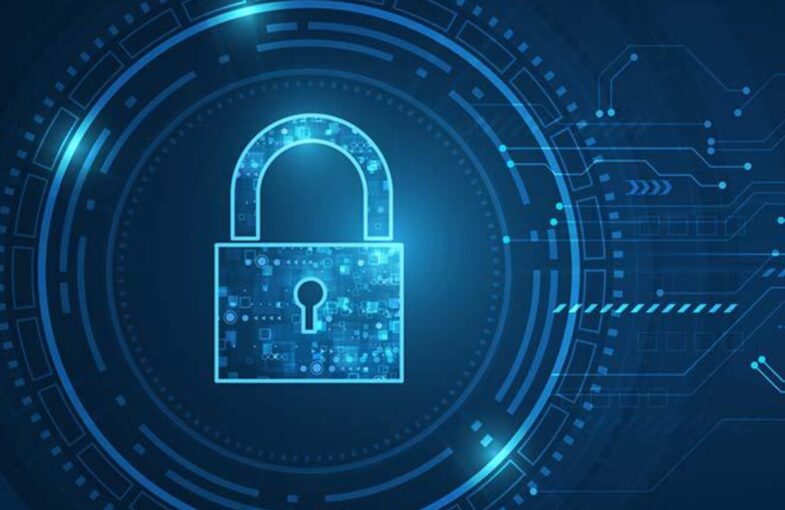Comprehensive attacks such as cyber attacks, which have been increasing in recent years and causing damage to even the world’s leading companies and institutions, bring along effective security approaches as a necessity. It is now essential to take much more serious measures against cyber attacks.
Zero Trust by Nordlayer solutions, which are among these effective security approaches and measures, make it hard for malicious people and software in terms of cyber security while providing access to systems and preventing the theft of information to a large extent.
As of the start of 2021, 35 percent of respondents indicated continued security model implementation, while 44 percent of respondents working in the US said their company had fully implemented a Zero Trust strategy. Zero Trust, which requires verification and authorization confirmation for a truly effective security process, thus increases its security by preventing cyber attackers.
What Is Zero Trust?

Source: pinterest.com
Zero Trust is a security policy that requires strict authentication and a clear permission process for any person or entity that wishes to access and use network resources, regardless of where the corporate network perimeter requests access.
Zero Trust includes a set of technologies and applications, each focused on reliably detecting who is trying to access and use data and whether they have explicit permission to do so. The philosophy behind the Zero Trust approach can be explained as “never trust, always verify”.
What Are The Principles of Zero Trust Solutions?

Source: crn.com
The Zero Trust approach works on the principle that nothing is to be trusted and verification is always done. Within this idea are the many technologies and successful practices that make up the Zero Trust approach. Here are some of the core principles of Zero Trust solutions:
Zero Trust Solutions provides:
• The lowest priority access gives each individual access only to the information they need. This approach limits the ability of malware to move from one system to another and greatly prevents insider data leakage.
• Micro-segmentation separates the network into separate groups that can be accessed with different credentials. This provides better protection and prevents malicious people from swarming inside the network, even if a group has a security breach.
• Data usage controls restrict what people can do with the data they access. This process is more and more dynamically driven, such as revoking permissions to copy previously downloaded data to USB disks, email, or cloud applications.
• Continuous monitoring examines how users and other people and institutions accessing the network interact with data and even other systems. This ensures that people are authenticated and that they truly are who they claim to be, and adaptive security controls can be deployed to automatically customize security applications based on actions.
How Does Zero Trust Solutions Work?

Source: unsplash.com
In today’s world, we see more and more distributed workforces in every field. Many businesses have struggled to keep up with the pace of change. As a result, the increased surface area for internal and external cyber-attacks and potentially harmful internal data breaches have shown that the traditional security method is not effective enough in its current form.
Zero Trust operates a “trusted users only” policy, which means for business owners can secure access control certain areas of the network. With Zero Trust solutions, administrators can group user access permissions, which keeps the corporate network more secure.
Zero Trust solutions that are invisible or inaccessible to outside entities give businesses greater control over who can see what and access what. This takes less time to identify the source of violations and gives you a broad view of the activities in your corporate network.
Conclusion
Since the technology developed, traditional security models, such as defense-in-depth, have become inadequate in terms of protection, as they focus only on the protection of the network perimeter. Although Zero Trust solutions have many benefits for remote businesses, the main one is to provide strong protection against internal and external threats.
Zero Trust solutions prevent anyone from accessing it until they are sure of its network identity, thanks to its relentless fight against all kinds of attacks and attackers. It then constantly monitors the way you use the data and may revoke your permission to copy the data elsewhere.
